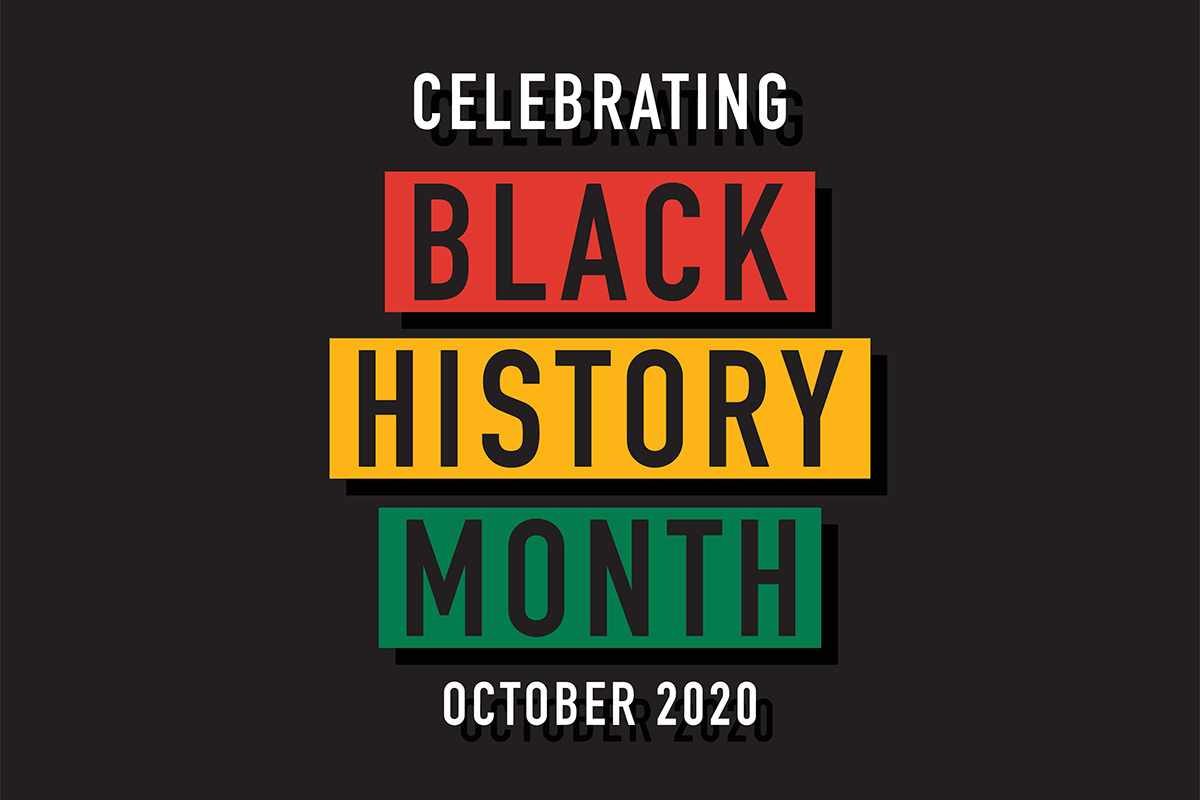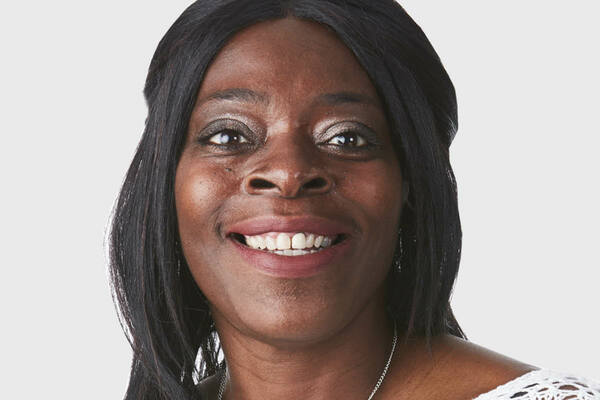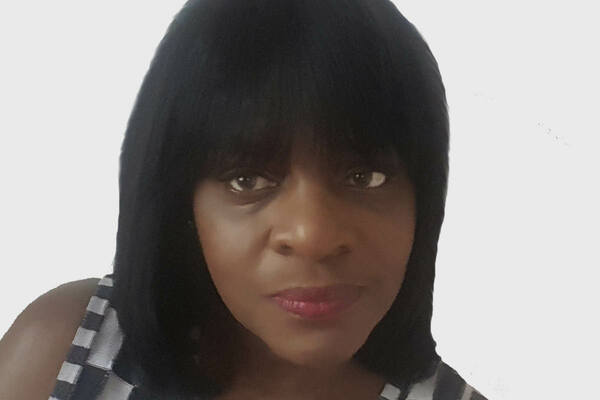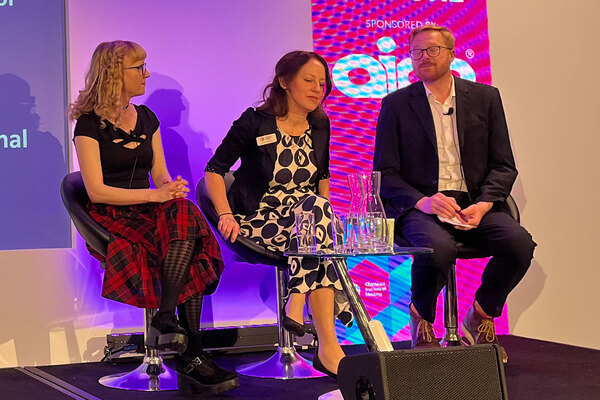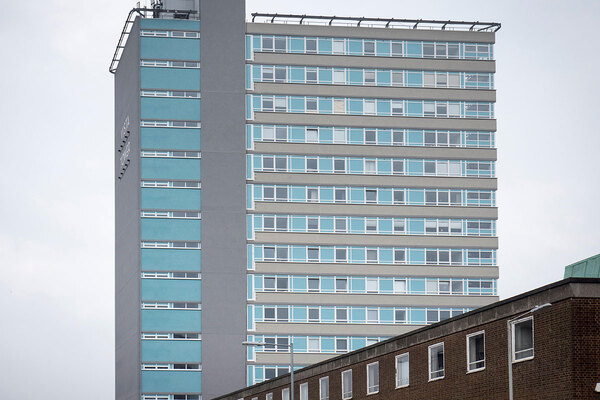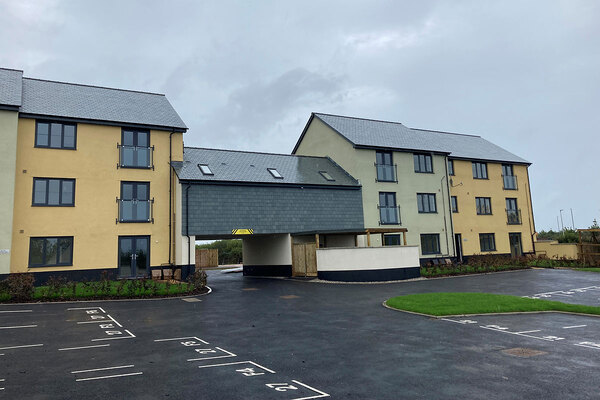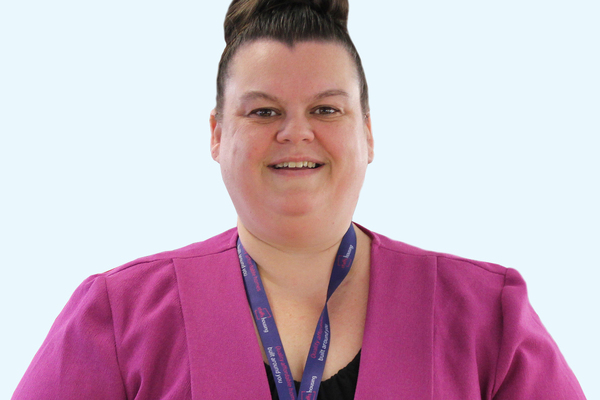You are viewing 1 of your 1 free articles

Adunni Adams is head of development delivery at Catalyst Housing
My workplace and Black History Month 2020
Catalyst took a refreshing approach to Black History Month this year and listened to Black colleagues on what is needed. But without real change, we will still be having the same conversations next year, explains Adunni Adams
As we approached Black History Month (BHM), my normal trepidation set in.
Part of me refused to believe that in spite of the summer’s horror, despite the multitude of conversations, the same disrespectful ignoring or soft-soap approach to BHM would be borne out. That lockdown would be used as an excuse not to make an effort to engage in the real opportunity for education and listening.
Listening. Real listening. This is not a debate. Racism is real and it lives a very healthy existence all around us.
To my surprise and relief, Catalyst took a very refreshing and different approach this year. Those in decision-making positions listened to the concerns and ideas of Black colleagues on what is needed rather than what would look or sound good on the intranet.
I feel there has been a real seizing of the opportunity to not only honour the 1987 intentions of BHM, but to use this moment to instigate uncomfortable conversations and provide useful and interesting spaces for learning.
This year’s programme of activities demonstrated a mature, ‘ready to listen’ approach to Black colleagues without placing the burden on us to make it all happen.
“There was an authenticity to the speakers who spent time with us. A feeling that the programme had been curated rather than thrown together for intranet inches. A real sense of investment, and because of this I am hopeful”
I am encouraged that each member of the leadership team joined in for each of the sessions, actively participating and engaging with the content.
Even prior to BHM, our book club had taken the initiative to explore books by Black authors, with a particular emphasis on fictional and non-fictional representations of what it’s like to be Black and British. Again, this has provided much-needed space for discussion, listening and learning.
However, this is still very much the start of the journey.
Having spent a life of experiencing and watching racism, protests, initiatives, campaigns and BHMs come and go with varying degrees of impact but little to no staying power, and I am very tentative to declare that the learning and, more importantly, the listening have begun in earnest.
I can certainly say that this BHM at Catalyst felt different. There was an authenticity to the speakers who spent time with us and a feeling that the programme had been curated rather than thrown together for intranet inches. There was a real sense of investment and because of this I am hopeful.
This is not yet the time to reflect on achievements or lessons learned because that stage is not yet upon us.
In the lead-up to BHM, I recall some of the conversations I had with various colleagues about issues around racism, and specifically the absence of Black people in the upper echelons of Catalyst.
Much like this piece I’ve written, I agonise over how my thoughts, feelings and experiences will be received. Will I hurt feelings in a bid to simply speak about how everyday happenings can be limiting, draining and exhausting? That burden of having to manage the feelings of others is crushing.
It is not lost on me that in the face of feeling hurt or uncomfortable, people can respond defensively and block out the message. To be able to choose that as one’s response is a huge privilege.
Is white fragility the last and overwhelmingly most difficult barrier to the dismantling of structural racism? As it has always been, the experience of being Black in majority white environments is one I constantly have to think about.
As I’ve described above, the activities we took part in during BHM have been positive. However, the millions of little cuts that were the well-meaning comments from well-meaning people saying that they just didn’t know or realise how bad things still are is debilitating.
It makes me angry (and I am allowed to be) to know that something that is as plain as the day to me can be rendered utterly invisible because of a difference in skin colour. In order to stay sane, I have to allow my anger to just be. My anger is at not being believed for all these years.
My anger is at how people who want to be perceived as well meaning have to have the image of a Black man being killed by the state beamed at them hundreds of times before they can believe what I and so many others have been saying for all our lives. Racism is real, racism is prevalent, and white people have a responsibility to recognise it and be anti-racist.
“I hope that Catalyst can remain committed to this path of self-reflection and anti-racism it has embarked upon. I hope Catalyst can be an agent of change, moving to become actively anti-racist”
In a bid to be positive, to be open minded and to trust this process, I am trying to cultivate hope. Hope that people tempted to sigh in relief that ‘all this Black history stuff’ is over for the year, instead think about the luxury of not having to think about how they navigate their daily lives according to the colour of their skin.
Not having to silently suffer daily microaggressions and macroaggressions. Not having to police their reactions to these aggressions and choose between openly reacting and managing the feelings of their aggressors.
Having made such an effort for a month, I hope that Catalyst can remain committed to this path of self-reflection and anti-racism it has embarked upon. I hope Catalyst can be an agent of change, moving to become actively anti-racist.
Now that 31 October has passed and BHM has ended, what will be the attitudes towards recruitment processes, for instance? If there is a real will to change, what tangible measures will be put in place?
This is the incredibly challenging part, because without change the outcomes will be no different and we will be having the same conversations next Black History Month.
Adunni Adams, head of development delivery, Catalyst
